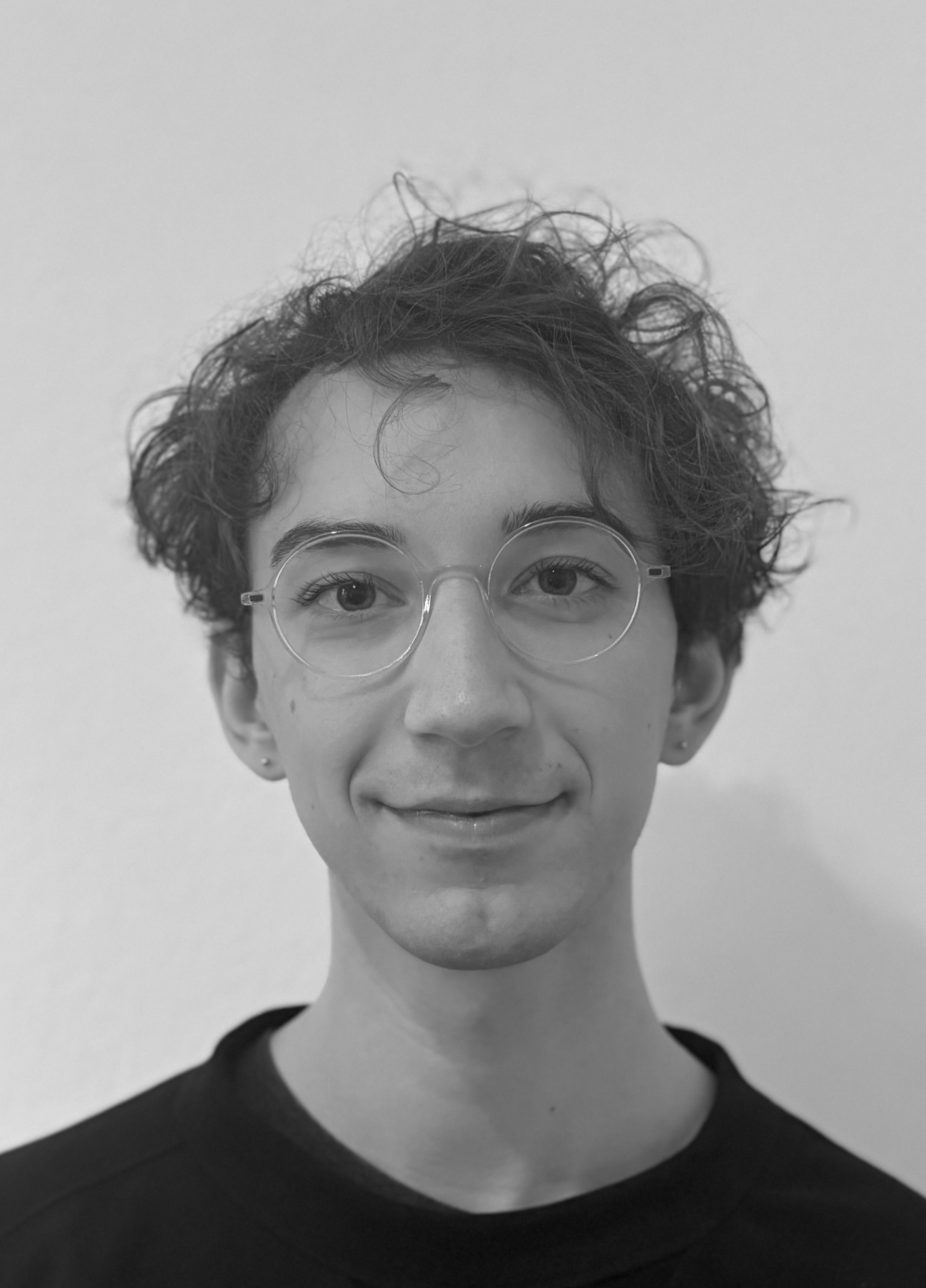Matteo Kobza M.A.
Assistent Allgemeine und Vergleichende Literaturwissenschaft

E-Mail: matteo.kobza@uzh.ch
Sprechstunden: nach Vereinbarung
Matteo Kobza hat Anglistik, Allgemeine und Vergleichende Literaturwissenschaft (AVL) und Japanologie in Zürich studiert. Seit August 2022 ist er Assistent an der von Prof. Dr. Sandro Zanetti geleiteten Abteilung für AVL. Im Rahmen seines Dissertationsprojekts befasst er sich mit der Dinglichkeit von Erinnerung.
English version: Matteo Kobza studied English Literature, General and Comparative Literature, and Japanese Studies in Zürich. Since August 2022, he has been a teaching and research assistant at Prof. Dr. Sandro Zanetti's chair of general and comparative literature (AVL) in Zürich. He is currently working on his dissertation project, which investigates the thingness of memory and the limits of representation.
Dissertation Project: The Thing with Memory
In her study Stuff Theory, Maurizia Boscagli observes that texts in the modernist period are characterized by an awareness that memory can no longer be “talismatically contained in an object” (186), giving rise to a conception of memory as corporeal, emphasizing the body as the site where the past is re-experienced (instead of being stored in material objects, such as souvenirs). This development seems to have undergone a significant reversal, as numerous texts of contemporary literature direct our attention back onto things as inextricably connected with memory. The present project investigates four such texts (Tim O’Brien’s The Things They Carried [1990], Siri Hustvedt’s The Blindfold [1993], Nicole Krauss’ Great House [2011], and Ruth Ozeki’s A Tale for a Time Being [2013]), exploring the ways in which they position memory as a distinctly material process. Crucially, these texts do not suggest a return to a pre-modern conception of things as stable carriers of the past; instead, they complicate the relationship between memory and the material world in various ways. Thus, they open the possibility of a space between thing and remembering subject, where it becomes possible for the complex and often unstable relationship between the past and the present to be re-negotiated. This project, then, aims at producing readings that illuminate the various ways in which these texts problematize and re-negotiate the relationship between memory and things. In this way, it simultaneously renders visible the potential of reading – itself a practice reliant on the space opened between reader and text – as a particularly productive way of engaging with the tensions that arise when thinking memory through things.